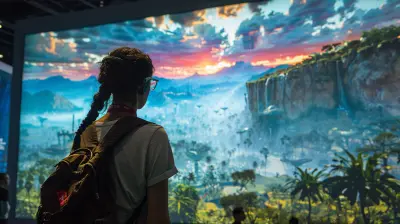Major Franchise Moves to a New Narrative Direction
22 October 2025
Gaming franchises are like old friends. They've been with us for years, some even decades. We know their quirks, their habits, and their signature storytelling beats. But what happens when these beloved franchises take a sharp left turn? What happens when a major franchise moves to a new narrative direction?
That’s what we’re diving into today. We’ll chat about why some developers risk shaking up the formula, how fans react (spoiler alert: not always well), and what it means for the future of storytelling in gaming.
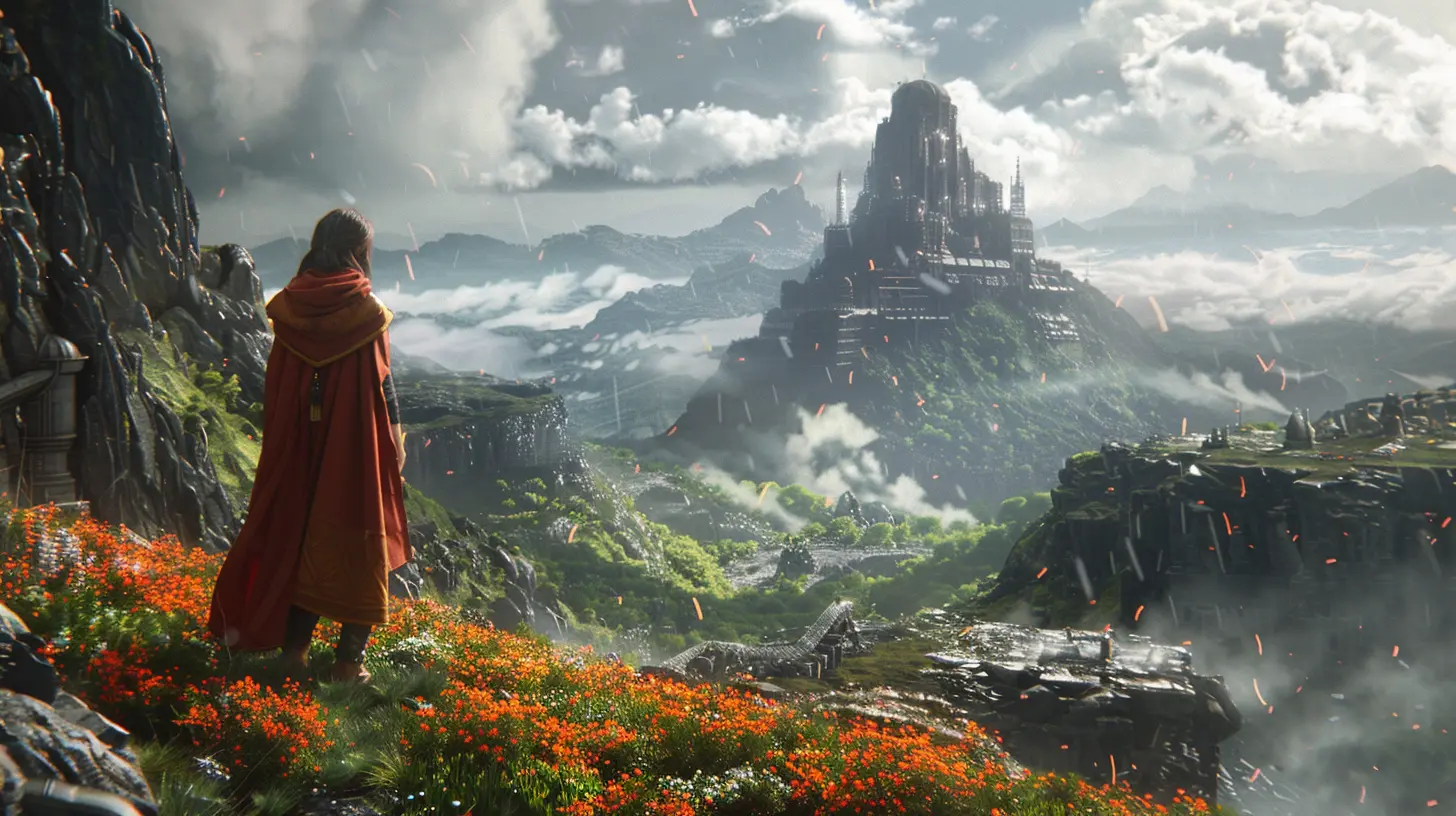
Why Narrative Change Matters in Gaming
Let’s get real — storytelling in video games has come a long way from the days of "rescue the princess" or "save the world from aliens." Today, narratives are deeper, more complex, and much more personal. It's not just about what you're doing — it's about why you're doing it, and how that journey changes your character.So, when a franchise that we’ve followed for ages suddenly changes course, it can feel like we're watching an old friend try something completely new. Scary? Maybe. Exciting? Absolutely.
Breaking the Mold
Sometimes, sticking to the same story loop starts to feel like you're playing a rerun. Developers know this. They’re artists too, and creativity thrives when it’s not boxed in.Shifting the narrative direction is a gamble — one that can either breathe new life into a franchise or alienate its most loyal fans. But without risk, there’s no reward, right?
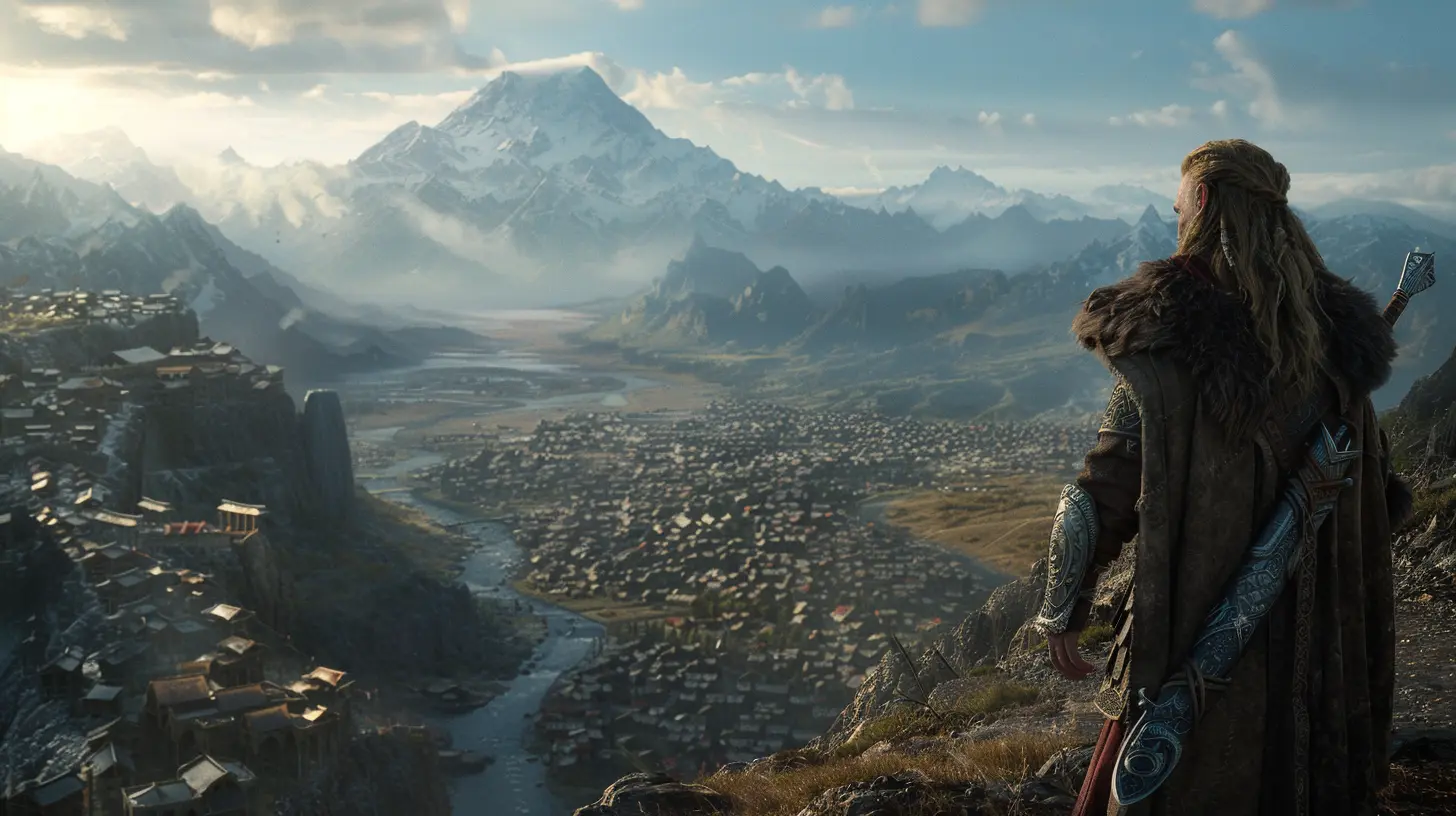
Examples of Franchises That Took a Bold Narrative Leap
Let’s walk through a few heavy hitters in the gaming world that decided to take the leap into uncharted narrative waters.1. God of War (2018)
Ah yes, the classic “angry Kratos yells and kills Greek gods” storyline. That formula worked for a while, but by the mid-2010s, it was feeling a bit stale.Then came God of War (2018).
Kratos wasn’t just a rage machine anymore — he was a father. The mythological backdrop had shifted from Greek to Norse, and the game traded hack-and-slash chaos for restrained, emotionally rich storytelling. Players still got to decimate monsters, sure, but they also got to see Kratos struggle with parenthood, grief, and trying to break the cycle of violence.
And the fans? Hooked. The narrative shift didn’t just reignite interest — it launched the franchise to new heights.
2. The Legend of Zelda: Breath of the Wild
Nintendo's golden child, The Legend of Zelda, has always had a familiar structure: temples, puzzles, and a clear-cut path to defeating Ganon. But with Breath of the Wild, everything changed.The 2017 game dropped players into a massive open-world Hyrule with minimal guidance. The story was still there, but how you experienced it was totally up to you. It took a franchise built on tradition and gave it room to breathe — literally and narratively.
Sure, some players missed the old temple-based structure. But the freedom to shape your own story in a beloved universe? That was a game changer — pun totally intended.
3. Assassin’s Creed Origins and Beyond
Let’s be honest: Assassin’s Creed started to feel repetitive by the time Syndicate rolled out. The overarching Templars-vs-Assassins story was getting bogged down, and fans were dropping off.Ubisoft decided that enough was enough. With Origins (2017), the series shifted from a stealth-action game with rigid mission structures to an RPG with open-world exploration and deeper personal storytelling.
More importantly, Origins, Odyssey, and Valhalla took a longer-form narrative approach. Instead of moving the meta-story forward with every installment, the new games focus more on the characters' emotional journeys. And while the modern-day story took a backseat, the depth of the historical narratives added layers that the franchise badly needed.
4. Final Fantasy XV and XVI
If we’re talking about narrative shifts, Final Fantasy is practically the poster child. The series reinvents itself with every installment, but even by its own standards, XV and XVI took big swings.Final Fantasy XV embraced a road trip vibe, focusing more on brotherhood than saving the world. The story was fragmented but emotionally resonant, and fans were split — some loved the new tone, others missed the classic plot depth.
Then came Final Fantasy XVI, which ditched turn-based combat altogether and leaned hard into a darker, medieval setting with Game of Thrones-level political drama. With a more linear narrative and a serious tone, it was a clear departure from the anime-esque flair of previous entries.
5. Halo Infinite
Halo is basically the backbone of modern console shooters. But after the lukewarm reception of Halo 5’s narrative, 343 Industries decided to take a different route with Halo Infinite.Master Chief was back in the spotlight, but this time, the story focused on redemption and vulnerability. Instead of world-ending stakes every five minutes, the game slowed things down — allowing players to connect with the Chief on a personal level.
And while Infinite’s gameplay loop returned to open-world format, the narrative tone was more grounded, more introspective, and — surprisingly — more human.
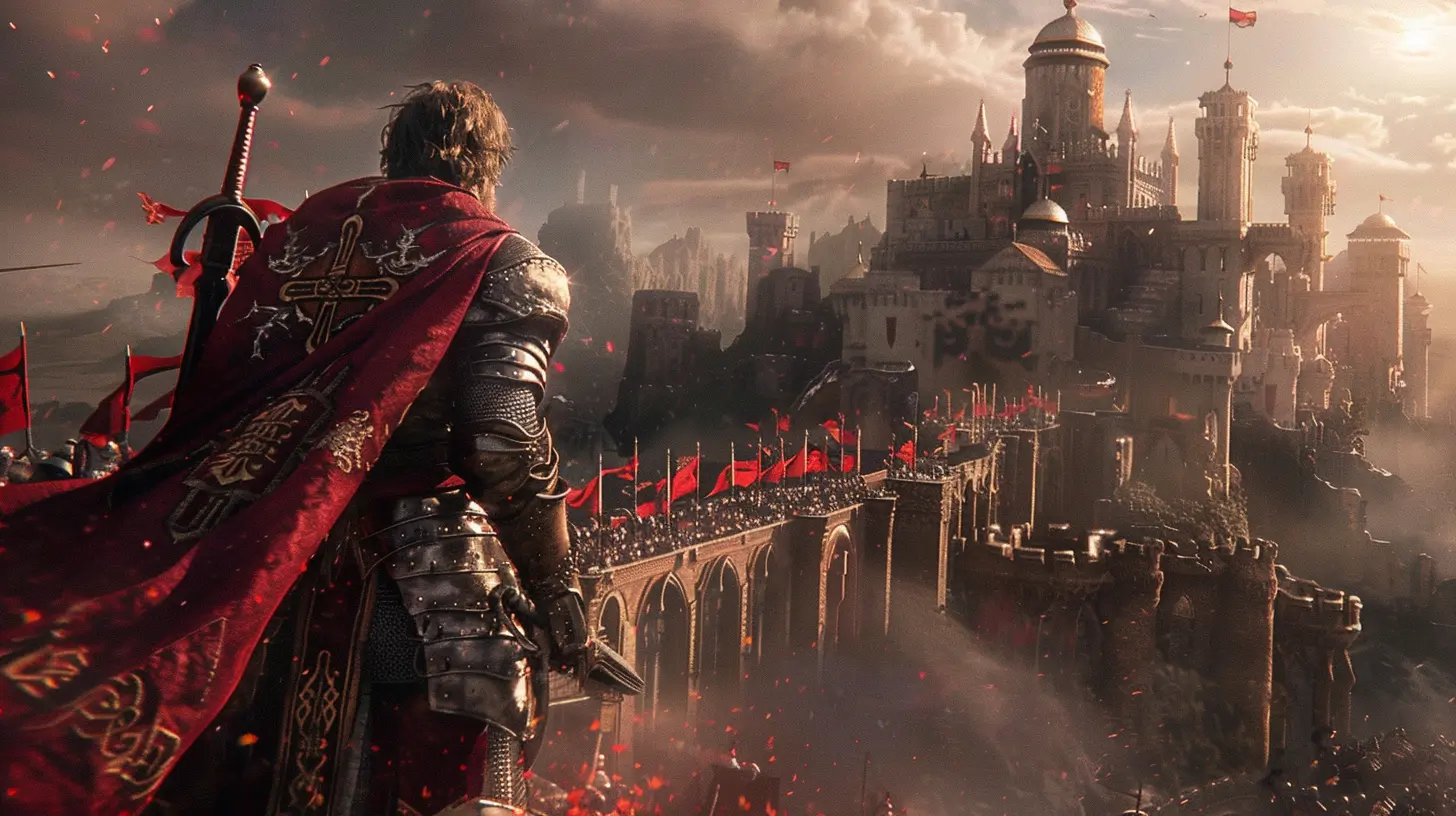
Why Do Developers Take This Risk?
1. Franchise Fatigue
Let’s face it — no one wants to play the same story over and over again, just with fancier graphics. Developers need to keep things fresh, or risk the franchise becoming irrelevant. Changing the narrative direction is one way to stop the rot before it sets in.2. The Audience Has Grown Up
The gamers who played the first God of War back in 2005? They’re adults now — maybe even parents. Developers know this. They want to tell stories that resonate with today’s gamers, not just keep repeating what worked 15 years ago.3. Cultural Relevance
The world has changed. Games are no longer just escapism — they’re commentary. By shifting narratives to tackle themes like identity, grief, politics, or family, franchises can stay relevant and reach a wider audience.4. Creative Passion
Game developers are creatives at heart. They get tired of telling the same story just like you get tired of hearing it. A major narrative shift is often a passion project for the team — a chance to do something fresh, meaningful, and inspired.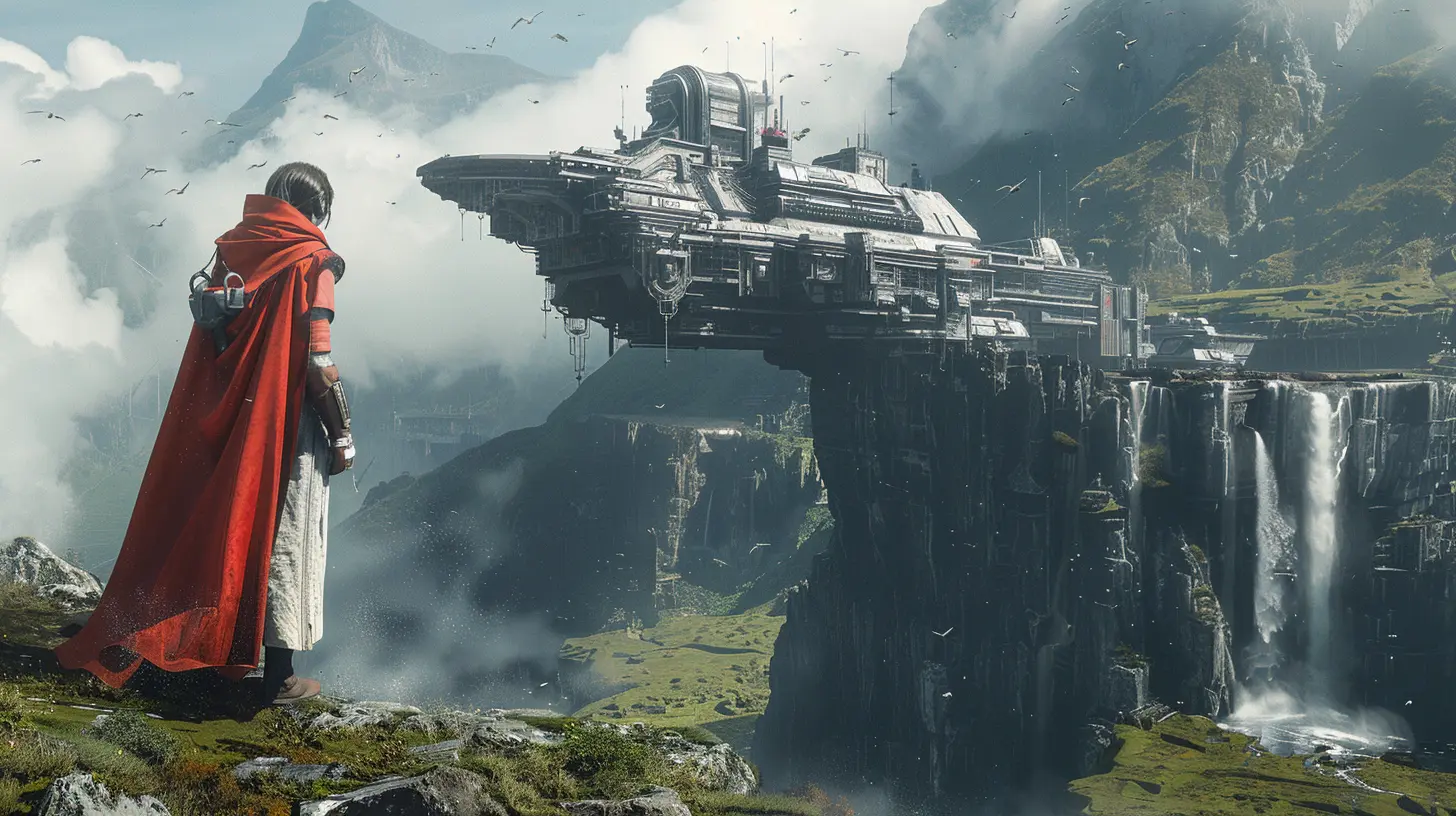
The Risk vs. Reward Factor
Narrative shifts in major franchises don’t always go smoothly. Sometimes fans resist change, especially if they feel like the new direction strays too far from what made the series special.Anyone remember how divisive Metal Gear Solid 2 was when it launched? Or how Mass Effect fans reacted to Andromeda and that... ending of ME3?
It’s a tightrope walk. But if done well, the payoff is huge — critical acclaim, revitalized fan interest, and in some cases, the best sales numbers in franchise history.
How Gamers Are Reacting
Gamers are passionate. That’s what makes this community awesome — and sometimes intense.A new narrative direction can stir up lots of emotions. Some players welcome the deeper stories and more mature themes. Others feel like their beloved franchise is being hijacked by new ideals or gameplay styles.
But here's the truth — most of the time, the dust settles and the fanbase adapts. Sure, there will always be purists, but for many, a strong narrative twist is like a breath of fresh air in a stuffy room.
What This Means for the Future of Gaming Storytelling
Narrative innovation is inching us closer to a future where video games are seen more as an art form than ever before. We’re not just chasing high scores anymore — we’re chasing experiences, emotions, and meaning.Franchises that embrace new narrative directions are not abandoning their roots. They're reaching out, growing, and saying, "Hey, we can be more than just fun — we can be unforgettable."
Games like The Last of Us, Red Dead Redemption 2, and even newer indies like Hades have shown us that gamers want meaningful stories. Major franchises redefining their narratives are stepping up to meet that demand.
Final Thoughts
When a major franchise moves to a new narrative direction, it’s not about erasing what came before — it’s about evolving. Just like we grow and change over time, our favorite games should, too.So next time you see a series taking a brave new turn, don’t slam the brakes just yet. Give it a shot. It might just surprise you. It might even remind you why you fell in love with gaming in the first place.
Who knows? That plot twist you didn’t ask for might be the one you needed all along.
all images in this post were generated using AI tools
Category:
Gaming News UpdatesAuthor:

Stephanie Abbott
Discussion
rate this article
1 comments
Upton Alvarez
Exciting change ahead—let's go!
October 22, 2025 at 3:38 PM

Stephanie Abbott
Absolutely! Exciting times are ahead for our franchise, and I can't wait to share this new journey with you all!


